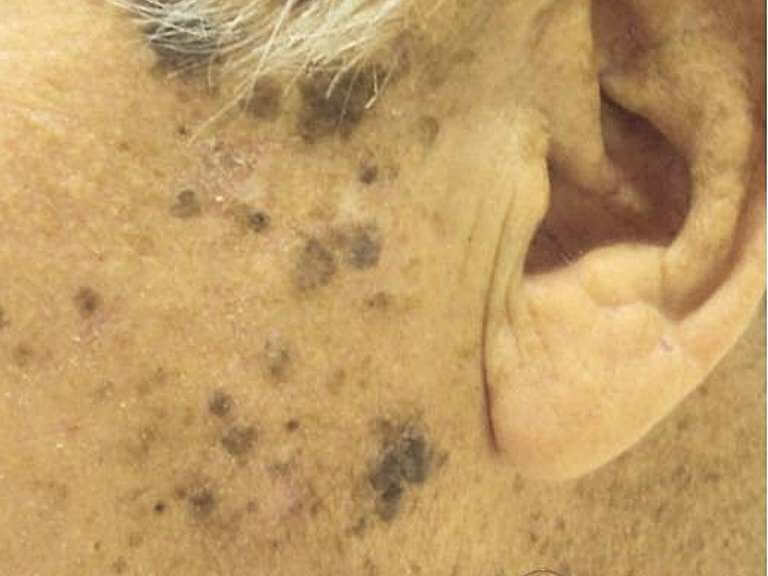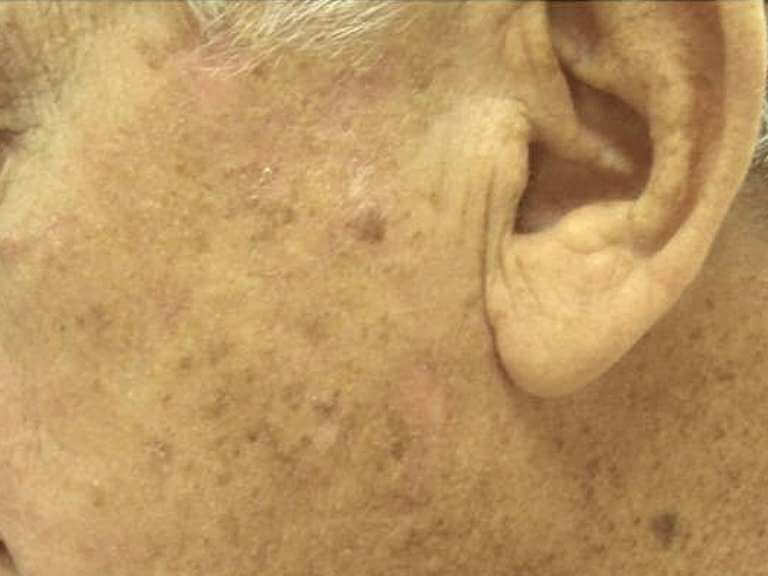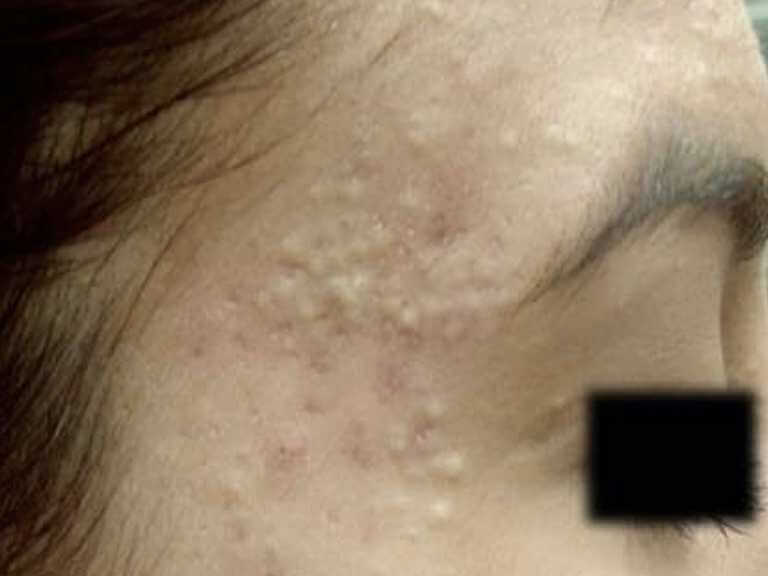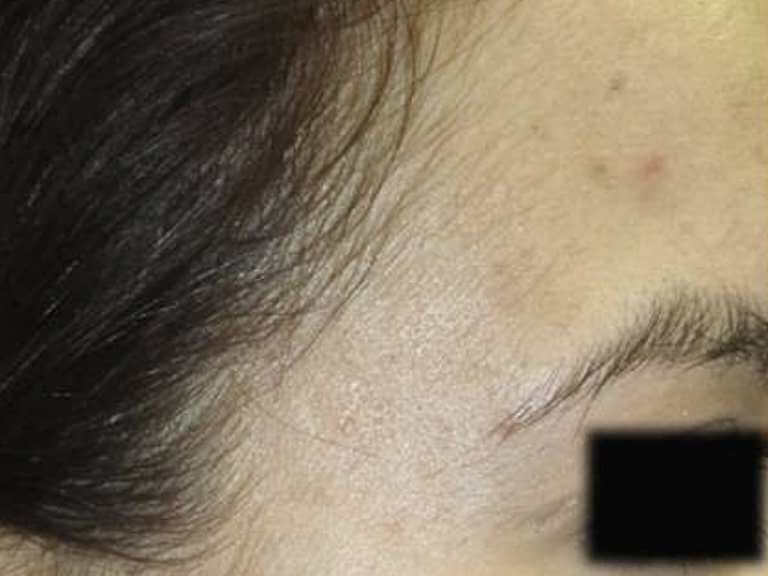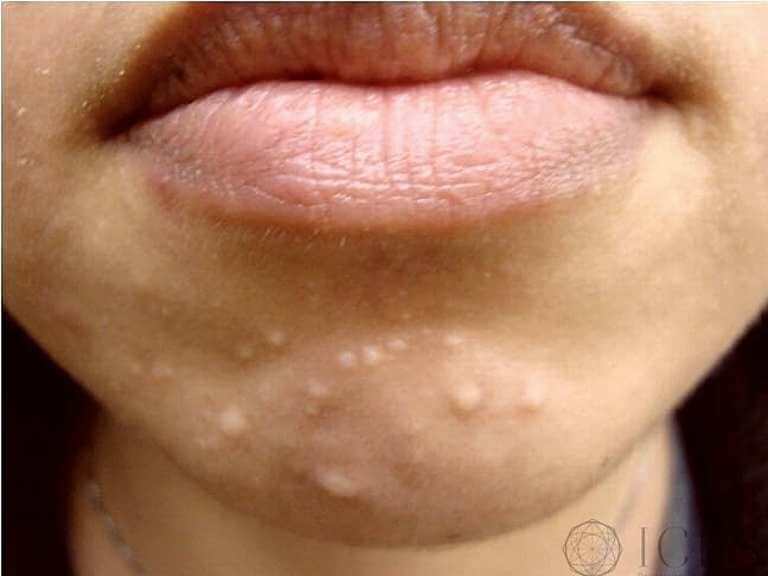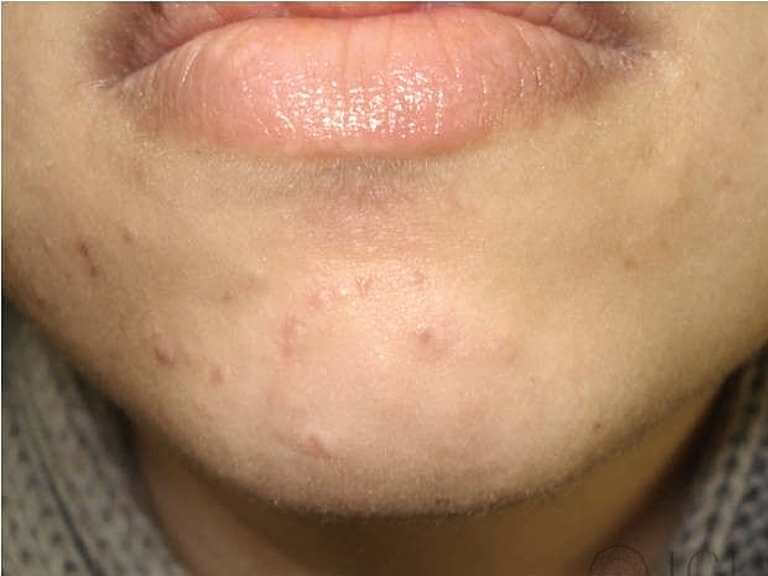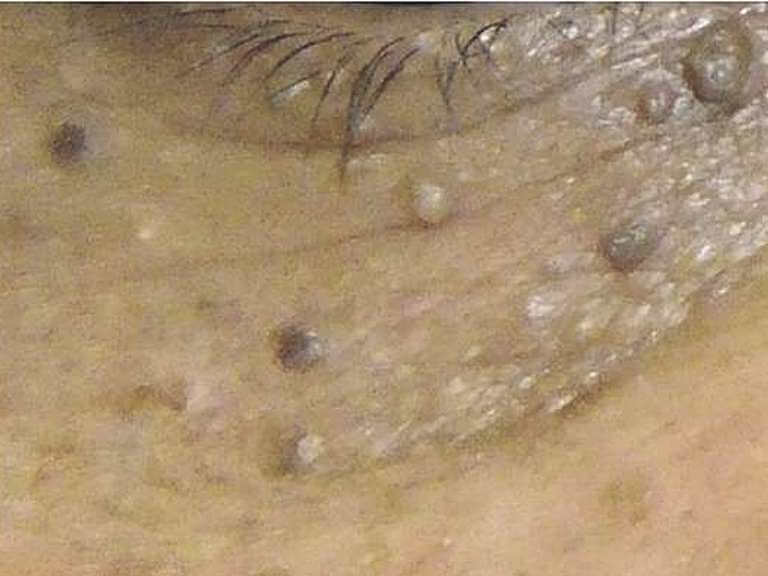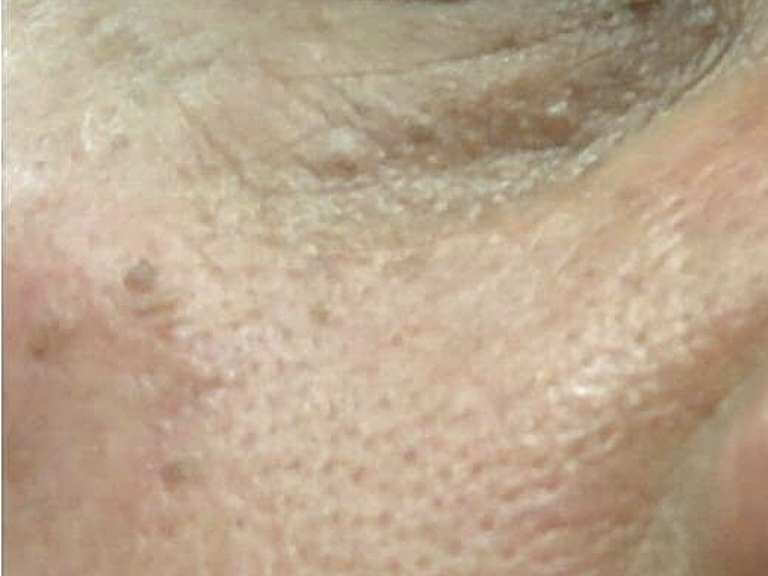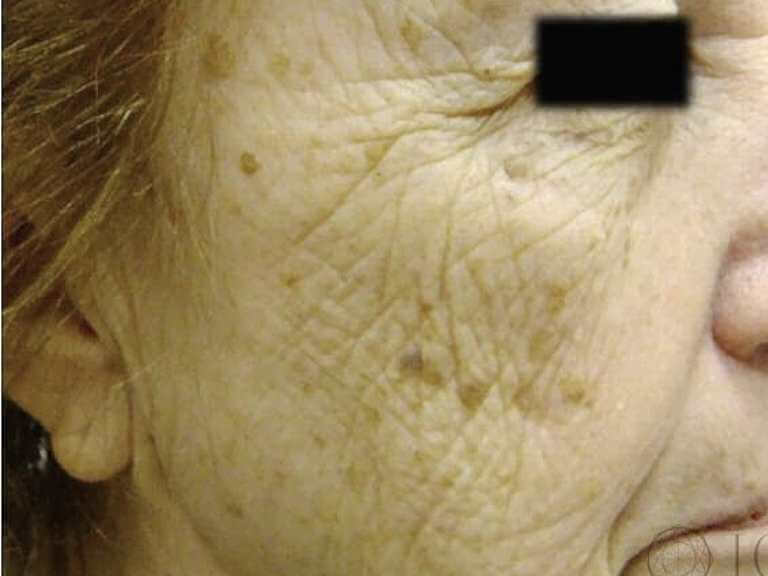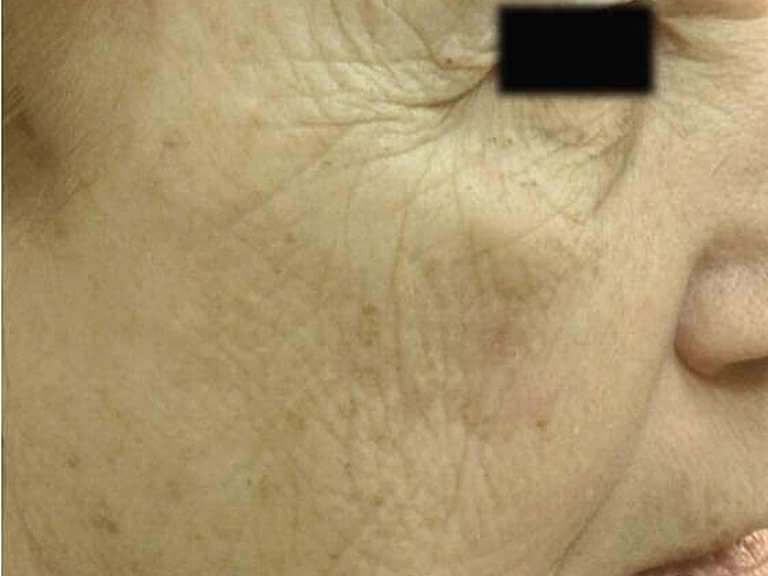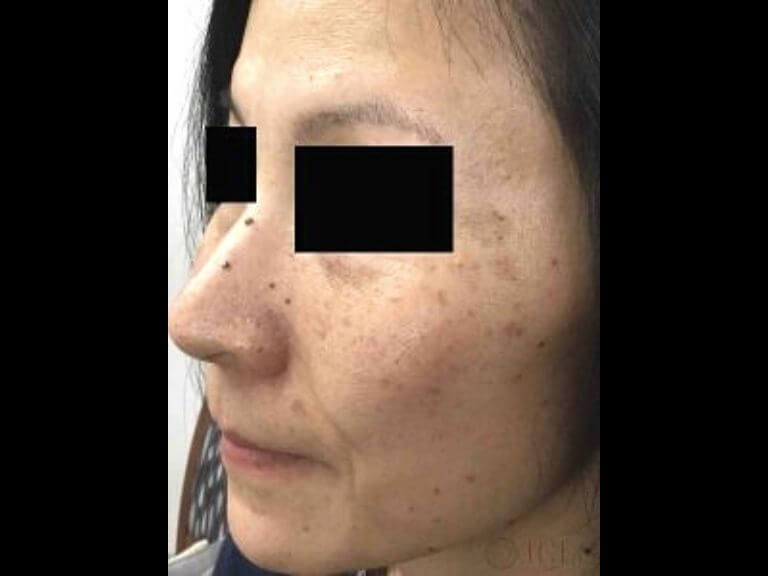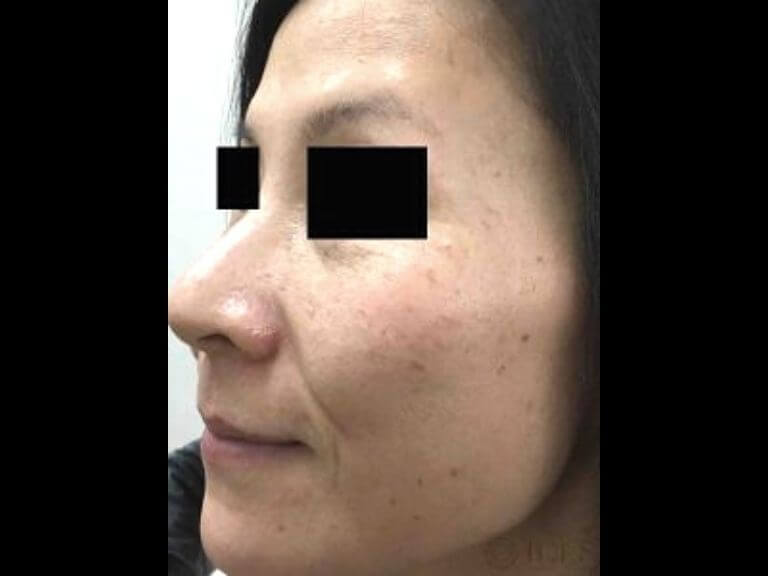Cautery in Oakville, Ontario
 Non-Surgical Treatment
Non-Surgical Treatment Address minor skin imperfections with Cautery at ICLS Dermatology. This precise treatment targets skin tags, warts, and other benign lesions, providing quick and effective results. Our team is committed to delivering safe and effective care tailored to your needs.
ICLS Dermatology, a leader in minor skin procedures, proudly services the Greater Toronto Area from our Oakville location. Under the expert guidance of Dr. Sheetal Sapra, our Cautery treatments are designed to deliver optimal results with minimal discomfort.
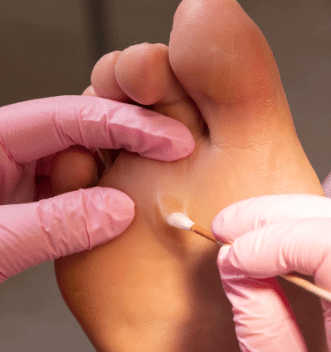
What is Cautery?
Cautery, also known as “electro-cautery” or “electrosurgery” is the process of destroying tissue with electricity and is widely used in modern surgery. The procedure is frequently used to stop bleeding of small vessels or for cutting through soft tissue.
Electro-cautery works by passing an electrical current through a small metal tip. This current sends heat into the tip, and then the tip is placed on to the area that needs to be treated. This will create a scab in the area.
Cautery is a procedure that can be done to treat a variety of lesions such as milia (also called a milk spot, a keratin-filled cyst), syringomas, facial warts, and skin tags. It is also commonly used to help with sebaceous hyperplasia, a benign enlargement of the oil glands.
Cautery can be done on most skin types and can be determined during your consultation with Dr. Sapra.
Aftercare and Recovery After Electrosurgery
A slight burning sensation can be felt after the procedure is done. An ice pack can be applied to help with this discomfort. The treated area can be scabbed anywhere from 7-10 days up to 2 weeks. The area should be washed with water and mild soap, and then Fucidin ointment should be applied twice a day for 5 days. It is very important to wear a minimum of SPF 60 post treatment. Side effects typically involve swelling, redness and scabbing.
Before and After
Photos are for educational purposes only.
Frequently Asked Questions
-
Does cauterization hurt?
When you come to ICLS to have a skin lesion cauterized, a topical numbing cream will be applied to the area being treated and left on the skin for approximately 1 hour. If treating a few lesions an injectable local anesthetic may be done. This will help to diminish discomfort, which has been described as a moderate prickling/burning sensation. Treatment is well tolerated, but pain can vary from patient to patient.
-
How long does cauterization take to heal?
The area that is treated can be scabbed anywhere from 7-10 days up to 2 weeks.
-
How much does cautery cost?
Cautery pricing begins at $210. Syringoma cautery pricing starts at $685 for the first treatment, with follow-up sessions available at $370 if additional treatments are required to achieve optimal results. Contact ICLS to find out if this treatment is right for you.
-
What does "cauterized" mean?
Cautery works by passing an electrical current though a small metal tip. This current sends heat into the tip, and then the tip is placed on to the area that needs to be treated. This will make the area scab.
Why Choose ICLS?
Patients from the Greater Toronto Area, including Toronto, Mississauga, Burlington, and Hamilton, trust ICLS for Cautery due to Dr. Sheetal Sapra’s expertise and our team’s compassionate approach. We work closely with you to ensure a comfortable and effective treatment experience.
Schedule a consultation to address your skin concerns with our Cautery services.
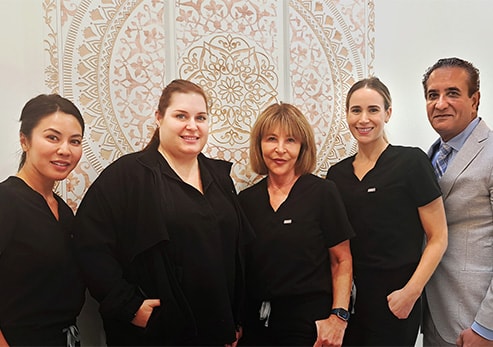
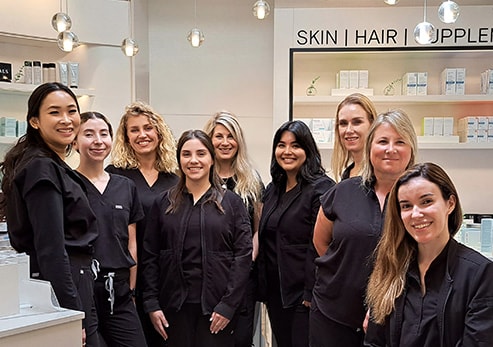
Our Nurses & Specialist
At ICLS, you will be under the care of some of Canada’s most experienced registered nurses. ICLS is one of the only practices in the country (maybe even the world!) to employ only registered nurses to deliver treatments. Our all-female nursing staff consists of hard-working, internationally-trained medical professionals.
Our nurses perform your treatment under our medical director, Dr. Sheetal Sapra, who is a top dermatologist and pioneer of new technologies aimed at improving the lives and looks of his patients. Dr. Sapra has practiced medical dermatology for more than 35 years and has made significant contributions to the field.

